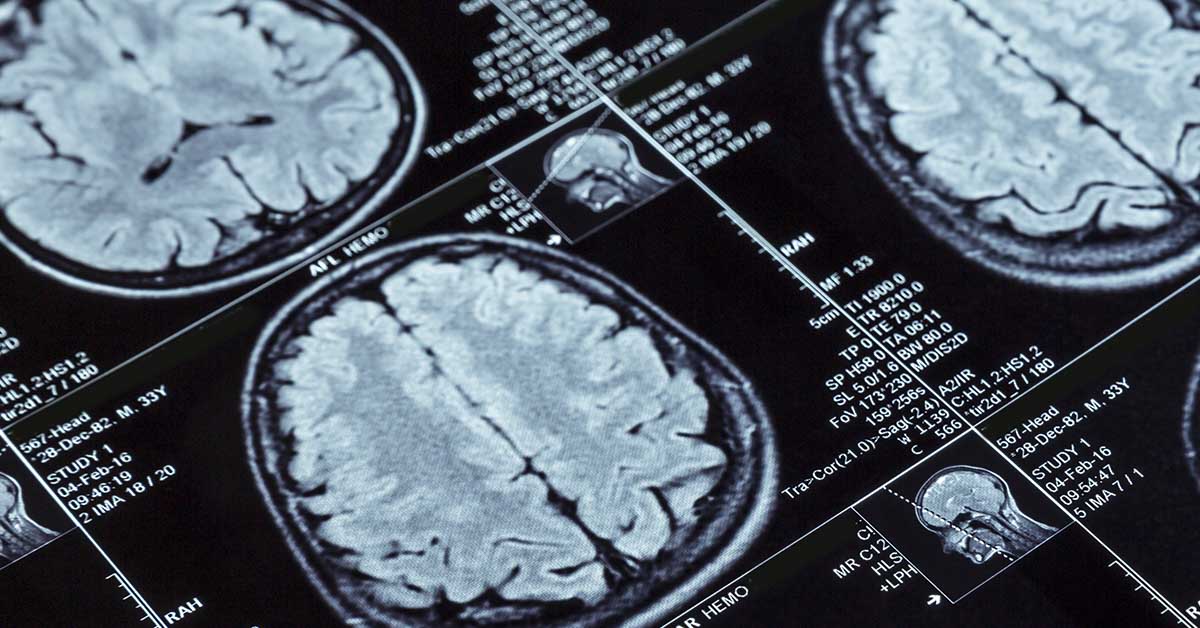We likely all know the dangers of eating undercooked pork and poultry – it can make you incredibly sick. The danger, however, is far greater than just that. The tragic story of an 18-year-old who lost his life due to tapeworm eggs found in his brain has shocked the medical community and raised concerns about the dangers of consuming undercooked pork. This case study, published in the New England Journal of Medicine, highlights the devastating consequences of neurocysticercosis, a parasitic infection of the central nervous system caused by the pork tapeworm.
The Teenager’s Story
The unnamed teenager initially sought medical attention after experiencing seizures and pain in his right groin area. Further examination revealed confusion and swelling over his right eye. Magnetic resonance imaging (MRI) and ultrasound tests exposed cysts throughout his cerebral cortex, brain stem, cerebellum, eye, and right testicle. From there, they discovered what was causing his problems: Neurocysticercosis. (1, 2)
There were a large number of cysts in his body, including one in his right eye. Because of this, the doctors decided against giving him antiparasitic medicine. They were afraid that these would cause brain bleeding, inflammation, and vision loss. Instead, they used anti-inflammatory drugs as well as medications to stop his seizures. Despite the medical staff’s best efforts, his case was just too severe. Tragically, he died just two weeks later.
Understanding Neurocysticercosis
Neurocysticercosis is a severe form of cysticercosis where tapeworm larvae infiltrate the brain instead of other parts of the body. Intriguingly, these larvae originate from the eggs of the pork tapeworm. The World Health Organization (WHO) defines neurocysticercosis as a parasitic infection of the central nervous system. This condition can cause a range of symptoms and complications, posing a serious health risk. (3)
Read More: 7 Signs Of Intestinal Parasites Living Inside Your Body
Transmission and Causes
The primary cause of neurocysticercosis is the ingestion of undercooked or contaminated food, especially pork. Consuming pork that contains tapeworm larvae can introduce the infection to the body. Additionally, drinking water that has been contaminated with tapeworm eggs can also lead to infection. In areas where sanitation practices are compromised, the risk of contracting neurocysticercosis becomes significantly higher. (4)
Signs and Symptoms
The symptoms of neurocysticercosis can vary depending on the location and number of cysts in the brain. Common signs include seizures, headaches, confusion, dizziness, visual disturbances, and focal neurological deficits. In some cases, individuals may remain asymptomatic for extended periods, leading to delayed diagnosis and potentially severe complications.
Complications and Prognosis
The presence of numerous cysts, particularly when they affect vital areas such as the brainstem or optic nerves, can lead to life-threatening complications. These can include hydrocephalus (an accumulation of fluid in the brain), increased intracranial pressure, stroke-like symptoms, and seizures. Sadly, the prognosis for individuals with advanced neurocysticercosis is poor, as seen in the tragic case of the teenage victim.
Prevention and Safety Measures
To prevent neurocysticercosis and other foodborne illnesses, it is crucial to adopt safe food handling practices. Here are some key preventative measures:
- Cook meat thoroughly: Ensure that pork and other meats are cooked at a sufficiently high temperature to kill any potential parasites.
- Practice good hand hygiene: Wash hands thoroughly with soap and water before and after handling raw meats or contaminated objects.
- Avoid consumption of undercooked or raw pork: Cook pork until the internal temperature reaches 145°F (63°C).
- Maintain good sanitation: Properly dispose of human and animal waste to prevent the contamination of water sources.
- Educate and raise awareness: Promote knowledge about the risks and transmission of neurocysticercosis through community-based initiatives and healthcare campaigns.
The Bottom Line
The devastating loss of the teenager in this case study highlights the hazards associated with neurocysticercosis caused by the consumption of undercooked pork. It is crucial for individuals to be aware of the risks involved and take necessary precautions to ensure their own safety. By practicing good food hygiene and sanitation habits, we can minimize the chances of contracting neurocysticercosis and other foodborne infections.
Read More: Woman’s Grapefruit-Size ‘Liver Cancer’ Tumor was Actually a Giant Parasite
Sources
- “Teenager Dies After Doctors Find Tapeworm Eggs in His Brain.” People. Helen Murphy. March 29, 2019.
- “Disseminated Cysticercosis.” NEJM. Nishanth Dev, M.D., and S. Zafar Abbas, M.D. March 28, 2019.
- “Tapeworm infection of the central nervous system is a leading cause of epilepsy worldwide.” WHO
- “Neurocysticercosis.” CDC

